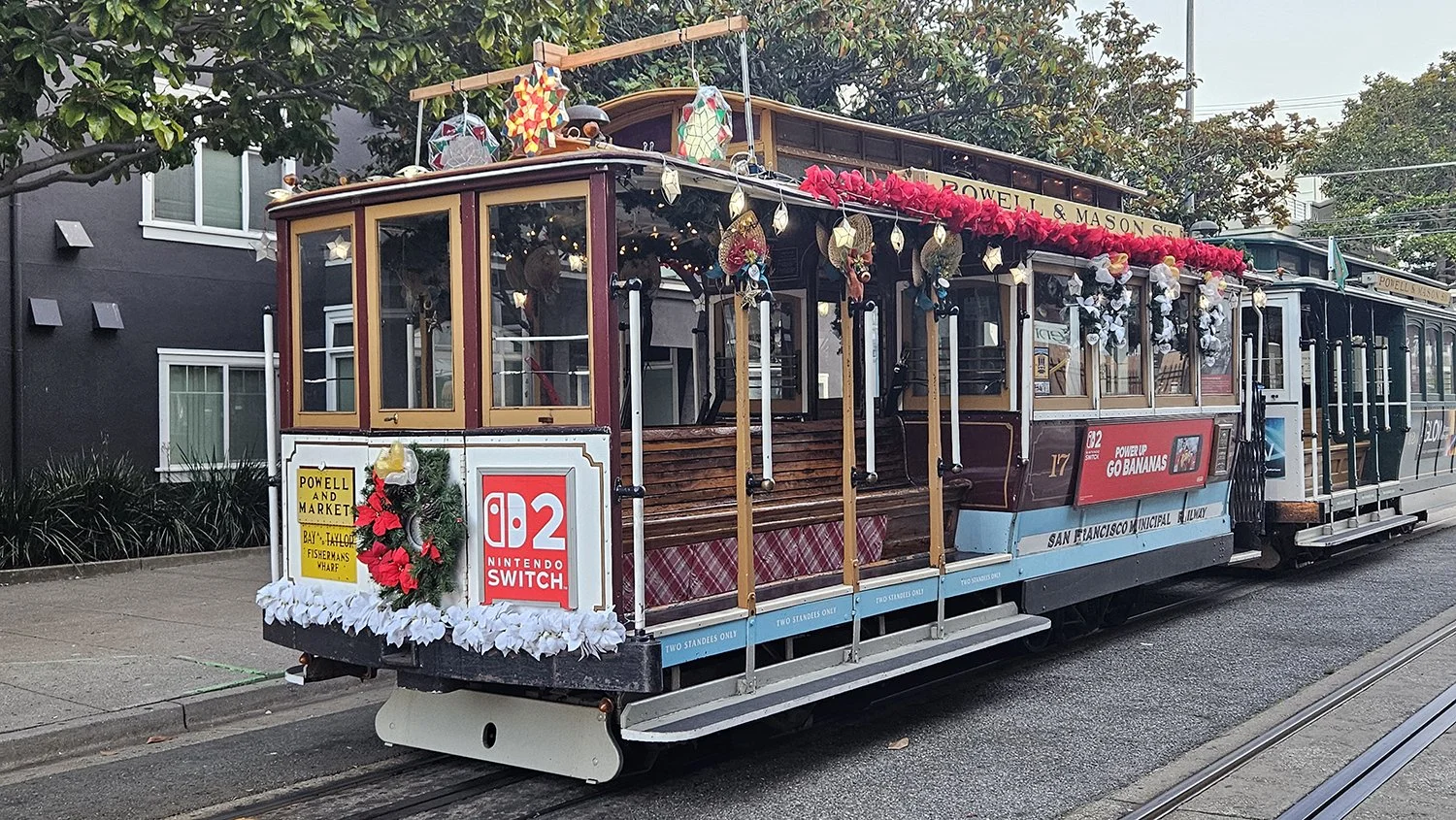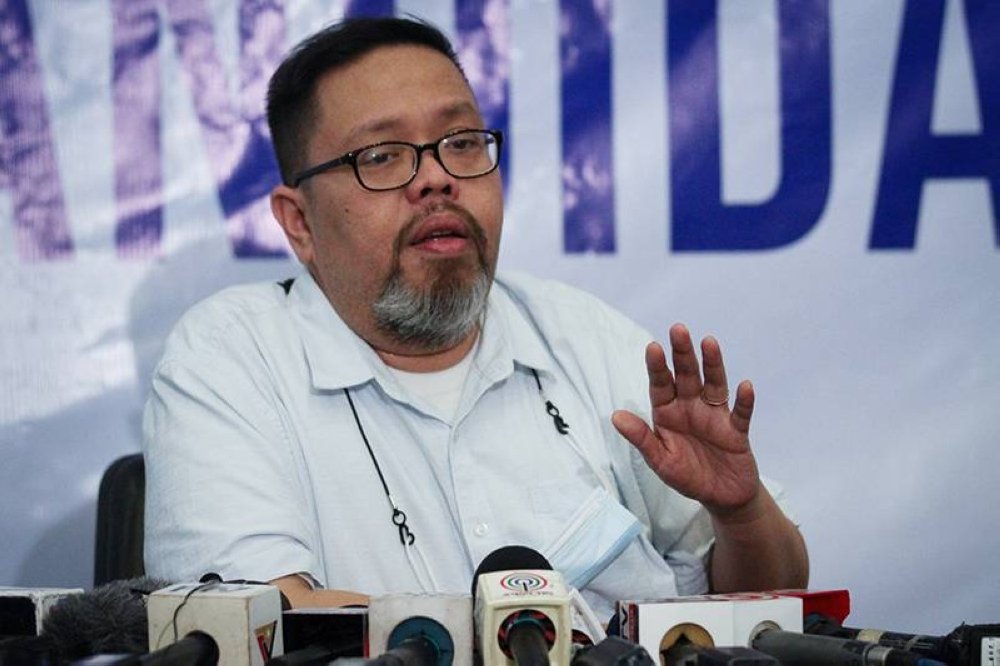Substituting Democracy
/President Rodrigo Duterte, Senator Bong Go and their allies arrive at the COMELEC to drop their Certificates of Candidacy and change their ticket. (Source: Rappler)
Let me again emphasize the importance of elections: soul is to body as elections are to a democracy. In modern society where the majority (or in the case of the Philippines -- the plurality) rules, political control is exercised by the people through their elected representatives. This is not to say that democracy is sacrosanct truth. There are other systems of governance which work for other circumstances and cultures. But if a society is committed to strengthening its democracy then it must ensure not only that the votes are correctly counted, but also that elections are conducted in a fair and orderly manner.
Rule on Substitution
Sec. 77: Candidates in case of death, disqualification or withdrawal of another. If after the last day for the filing of certificates of candidacy, an official candidate of a registered or accredited political party dies, withdraws or is disqualified for any cause, only a person belonging to, and certified by, the same political party may file a certificate of candidacy to replace the candidate who died, withdrew or was disqualified.
Section 77 of the Omnibus Election Code of 1985 was passed during the term of President Ferdinand Marcos. While it was not the Commission on Elections (“Comelec”) that created this rule, it is tasked to implement it.
For the May 2022 elections, the Comelec set the filing of Certificate of Candidacies from October 1 to 8, 2021 while the deadline for the substitution of a withdrawing candidate was November 15, 2021.
During the 2019 midterm elections, Comelec passed Resolution 10420 allowing substitute candidates not only for those who died or were disqualified, but also those who withdrew until midday of election day – provided the substitute shared the surname of the original candidate. This interpretation would have allowed maximum leeway for an “all in the family up to the last minute” election strategy. After obtaining negative feedback, the Comelec En Banc reconsidered its position.
Approaching the November 15, 2021 deadline, there was a last-minute rigodon for the top two positions. Davao Mayor Sarah Duterte decided to forgo her re-election and instead run as the Vice Presidential candidate of Lakas-CMD. Senator Bong Go, who was running as a candidate for Vice President of their PDP-Laban wing, was upgraded to the Presidency (although he is reportedly having second thoughts). President Rodrigo Duterte who earlier said he was retiring from politics (which has been the tradition in the U.S. and other established democracies) then hinted that he was running for Vice President and finally decided to run for a Senate seat. The political telenovela will continue to unfold.
The Presidential Candidates (Top, L-R) Ernesto Abella (Independent), Leody de Guzman (Bukluran ng Manggagawang Pilipino), Norberto Gonzales (PDSP), Senator Panfilo Lacson (Reporma) (Bottom, L-R) Ferdinand “Bongbong” Marcos, Jr. (PFP), Manila Mayor Francisco “Isko” Moreno Domagoso (Aksyon), Senator Emmanuel “Manny” Pacquiao Sr. (PROMDI) and Vice President Maria Leonor "Leni" Gerona Robredo (Independent) (Source: Wikipedia)
Vice Presidential Candidates (Top, L-R) House Deputy Speaker Jose “Lito” Atienza, Jr. (PROMDI), Walden Bello (PLM), Davao CIty Mayor Sara Duterte Carpio (Lakas) (Bottom, L-R) Dr. Willie Tan Ong (Aksyon), Senator Francis “Kiko” Pangilinan (Liberal Party) and Senate President Vicente “Tito” Sotto III (NPC) (Source: Wikipedia)
In response to a question why substitution was added to the rules, Comelec Spokesperson James Jimenez tweeted: “When a candidate runs under a political party, that political party has as much at stake in the elections, as the individual candidate. If the candidate suddenly drops out of the race, then the political party is “injured.” A remedy is needed to prevent the injury -- so, substitution.”
Jimenez has been with the Comelec since early 2000. He is articulate and well-studied. Even if he did not pursue law, he understands the legal issues. When I was chair, my main tussle with him was how he wore his facial hair in connection with our shared objective of projecting clean elections.
Comelec Spokesperson James Jimenez (Source: ManilaTimes.net)
However, on this issue, I disagree with Jimenez. His textbook explanation is strong in theory but does not jibe with reality. Philippine political parties revolve around personalities, not principles. Unlike the ideological differences between a Republican and a Democrat in the U.S. or a Conservative and a Liberal in common law jurisdictions, our main parties offer generic platitudes and present platforms and programs. And this was true even after the postwar Nacionalista and Liberal parties.
Rare is a party loyalist. After a new Philippine President is elected, switching to the latter’s party has been the rule rather than the exception. This move allows the turncoats to enjoy the political spoils and partake of the financial perks of the new administration. So it is incorrect for James to argue that a political party is “injured” or “has as much at stake.” It does not. It is actually the other way around. Candidates are no longer nominated by the members of the party; rather a popular candidate gets to pick which (usually dormant) entity to take over and proceeds to be crowned its leader. Damnum absque injuria.
Substitution due to withdrawal provides three distinct advantages:
It practically extends the deadline for filing of the COC for candidates of registered political parties for at least five weeks.
It delays an attack on the prospective candidate and allows the latter more time to plan a campaign and indulge in back room political horse trading.
It heightens political drama. My former boss and mentor, Chief Justice Marcelo Fernan (later Senate President), would tell me that Filipinos are drawn to a “hele-hele” strategy (loosely translated as feigned indecisiveness). Case in point is the last minute-entry of then Davao Mayor Rodrigo Duterte in the 2016 Presidential derby, which proved to be the turning point in that election. The wisdom of the decision allowing the substitution of Duterte for Martin Dino rendered by the Comelec’s First Division will continue to be debated in the years ahead.
Several groups have called for a scrapping of the substitution by withdrawal rule. Indeed, the privilege has been abused and made a mockery of. At the same time, the executive and legislative branches need to address clearly more pressing issues tormenting our elections, including the development of political parties, the proliferation of political dynasties, and campaign finance reform.
Winston Churchill observed that democracy is the worst form of government except for all others. Otherwise stated, a democracy may be imperfect, but no one has found a better substitute. So amidst a 21st century atmosphere of rampant fake news and social media disinformation, we really have no choice but to continue working at it.
Before serving as chairperson of the Philippine Commission on Elections (2015-17) and Presidential Commission on Good Government (2010-15) the agency tasked to recover the Marcos ill-gotten wealth, Andy Bautista worked with two international law firms in New York and Hong Kong (1993-2006). He also served as dean of the Far Eastern University Institute of Law.
More articles from Andres D. Bautista







